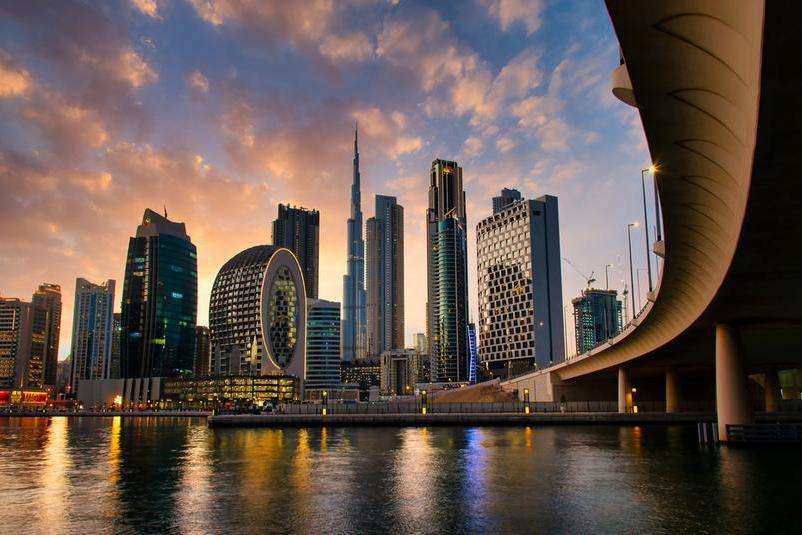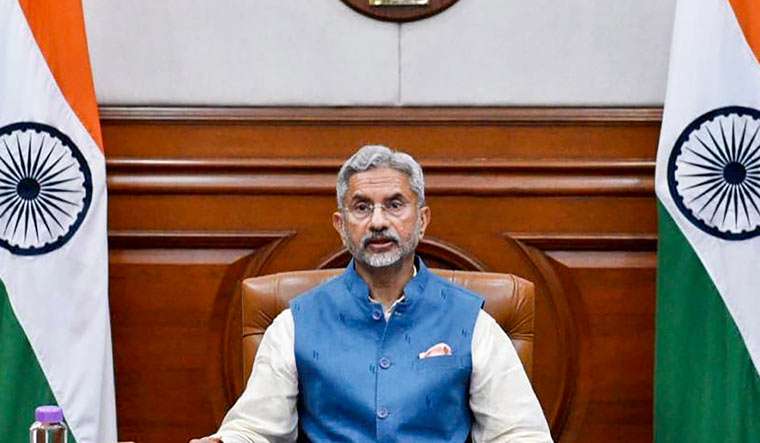“If you study rupee over the long term, you will find that after every depreciation rupee consolidates for a long period before any new downward slide, and if that holds true this time as well, then you have a good level of entry at INR 80 per USD.”
— Kunal Chawla, Chief Investment Officer at the Dubai DIFC-based Finmark Capital Ltd
Indian expatriates in the GCC have been keenly watching the Indian rupee to decide on property investments back home. The Indian rupee was trading at 79.65 against the US dollar on September 20, 2022 morning.
This, according to Kunal Chawla, Chief Investment Officer at the Dubai DIFC-based Finmark Capital Ltd, was a good time for Non-Resident Indians (NRIs) to take advantage of the depreciated rupee as well as the growing real estate market in India. “If you study rupee over the long term, you will find that after every depreciation rupee consolidates for a long period before any new downward slide, and if that holds true this time as well, then you have a good level of entry at INR 80 per USD,” he was quoted saying to Zawya.
According to a recent report by real estate advisory 360 Realtors, NRI investments in the real-estate sector accounted for $13.1 billion in 2021 and are projected to grow by 12 per cent in 2022.
Chawla also said there were other reasons to consider property investment in India now, including the relatively poorer performance of other asset classes and a simplified tax regime where “any capital appreciation is taxed at 20% flat post indexation when held for over two years”.
Although Fitch Ratings last week trimmed its growth forecast for the Indian economy to 7% in 2022–23 from 7.8%, the growth projection is still high when compared to its global GDP forecast of 2.4%, down from 2.9% in 2022
Ramesh Ranganathan, CEO (Residential) of K Raheja Corp., an Indian developer, told Zawya recently that NRIs in the GCC have played a very large role in terms of investment back home. He said that the ongoing pressure on the rupee had speeded up decision-making among investors. He also pointed out that it was not only the weaker rupee that had led to the recent rise in property buying, In fact, there have been “…other structural changes like a stamp duty waiver, which really created a greater level of momentum for transactions going through, though this was more specific to the state of Maharashtra”.
While the evolution of a post-Covid remote workstyle has led to a slight shift from traditional metros, NRI investments do tend to focus on urban centres. While more than 56% of all real estate investments by NRIs are made in Delhi-NCR, Bengaluru was second with 22% and Mumbai was third with 11%,” India-based real estate developer DLF said in a recent report.
Although Fitch Ratings last week trimmed its growth forecast for the Indian economy to 7% in 2022–23 from 7.8%, the growth projection is still high when compared to its global GDP forecast of 2.4%, down from 2.9% in 2022.
*********************************************************************
Readers
These are extraordinary times. All of us have to rely on high-impact, trustworthy journalism. And this is especially true of the Indian Diaspora. Members of the Indian community overseas cannot be fed with inaccurate news.
Pravasi Samwad is a venture that has no shareholders. It is the result of an impassioned initiative of a handful of Indian journalists spread around the world. We have taken the small step forward with the pledge to provide news with accuracy, free from political and commercial influence. Our aim is to keep you, our readers, informed about developments at ‘home’ and across the world that affect you.
Please help us to keep our journalism independent and free.
In these difficult times, to run a news website requires finances. While every contribution, big or small, will makes a difference, we request our readers to put us in touch with advertisers worldwide. It will be a great help.
For more information: pravasisamwad00@gmail.com








